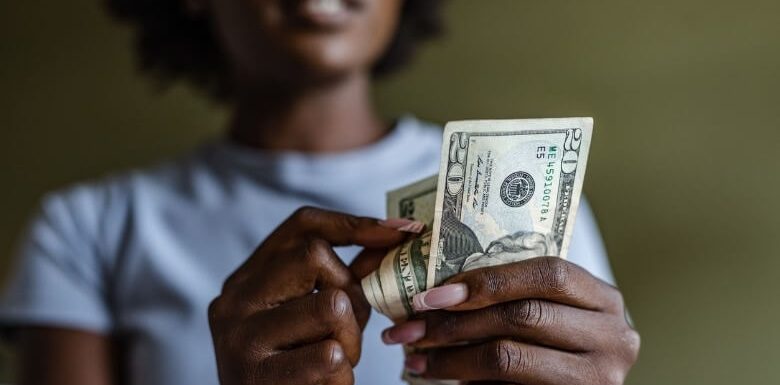
Money can feel like a constant pressure. Some people experience money dysmorphia and view finances as worse than they really are. This creates stress that affects decisions and happiness. Rebuilding your relationship with money is possible through simple daily actions. It is about learning to understand habits, thoughts, and patterns. The goal is to replace fear with confidence and control. Small steps make change realistic and achievable. Anyone can take these actions to improve financial wellbeing. This guide offers practical solutions to regain clarity.
Recognize Your Financial Habits
The first step is noticing current patterns. Track spending for one week. Record every purchase and payment. Then analyze where money goes. This simple act brings awareness and insight. Habits often reveal hidden fears or triggers. Sometimes people overspend due to stress or emotional reasons. Understanding patterns helps address money dysmorphia before it worsens. Awareness allows small adjustments that compound over time. Simple changes improve control and reduce anxiety.
Set Clear and Realistic Goals
Setting realistic goals makes money less overwhelming. Goals can be saving for essentials or emergencies. Then break each goal into smaller steps. Achieving small milestones builds confidence in money management. Sometimes people aim too high and feel failure quickly. Realistic targets help maintain progress without stress. Goals give a purpose to every financial action. Success in small steps can motivate larger achievements. This creates a healthier connection with money.
Implement Daily Financial Practices
Daily practices strengthen control and awareness. Make small intentional spending choices each day. Record them in a journal or phone app. Then review weekly to see improvements. Sometimes people ignore small wins and focus on losses. Daily reflection reinforces positive habits and accountability. This consistent effort reduces anxiety and confusion. It also combats distorted money perceptions over time. Simple daily steps build long-term financial health.
Seek Professional Advice When Needed
Professional guidance provides clarity and perspective. Financial advisors or counselors help identify blind spots. They can suggest plans tailored to personal needs. Sometimes external support uncovers issues unnoticed before. Experts provide tools to address complex situations effectively. These investments may require professional planning. Guidance reduces fear and builds confidence. Seeking help demonstrates commitment to financial recovery and stability.
Practice Mindful Spending and Saving
Mindful choices strengthen emotional and financial resilience. Pause before purchases and consider necessity. This prevents impulsive spending that feeds dysmorphia. Saving gradually creates security and peace of mind. Sometimes small amounts accumulate into meaningful progress. Mindfulness develops patience and understanding of personal finances. Repetition of mindful actions reduces stress and fear. Over time it rebuilds a healthy relationship with money.
Conclusion
Rebuilding money habits takes awareness and patience. Recognize patterns, set goals, and practice daily reflection. Seek guidance when needed and spend mindfully. Small, consistent actions overcome money dysmorphia effectively. Anyone can regain confidence and control over finances. Healthy financial habits improve overall life satisfaction

